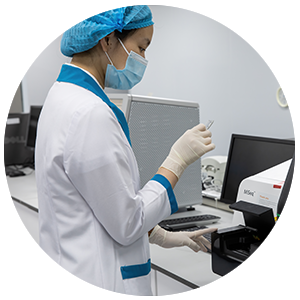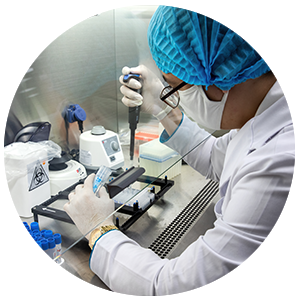Biomedical news
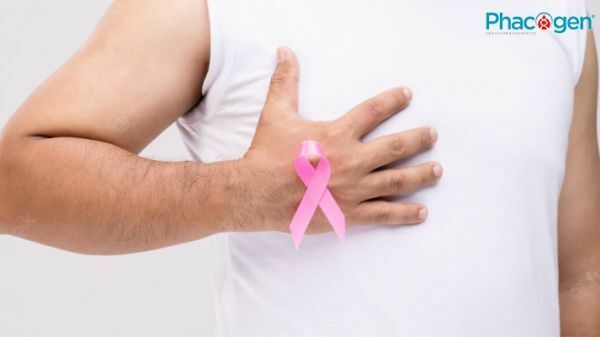
Male breast cancer: Concepts, symptoms and risk factors
Currently, many people still think that breast cancer is a disease that only occurs in women. However, although rare, men can also get breast cancer.
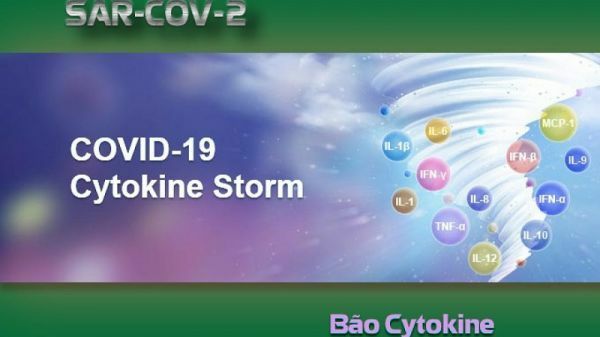
Cytokine Release Syndrome
Cytokines are a collection of many proteins produced by cells, with the function of transmitting information between cells to activate the body's natural immune responses. There are 3 groups of cytokines in the human body: interleukin, interferon and TNF.
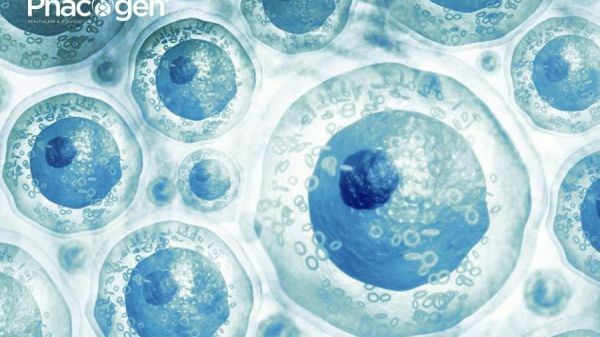
Stem cells: Bigger doesn't mean better
A new study shows that the expansion in size of stem cells contributes to age-related functional decline. Researchers discovered that blood stem cells – the smallest cells in the body, lose the ability to perform their normal functions – replenish the body with blood cells, as they grow larger.

Expanded NIPT testing and new directions for non-invasive prenatal screening in Vietnam
"No need to wait for test results to be sent to the US, pregnant mothers can now have expanded NIPT testing right in Vietnam"

Genetic testing to determine BRCA 1/2 mutations: Indications, consultation process and significance of testing
According to statistics, each year in the world, about 7,500 women get breast cancer and 2,000 women get ovarian cancer due to genetic mutations in the BRCA1 and BRCA2 genes.
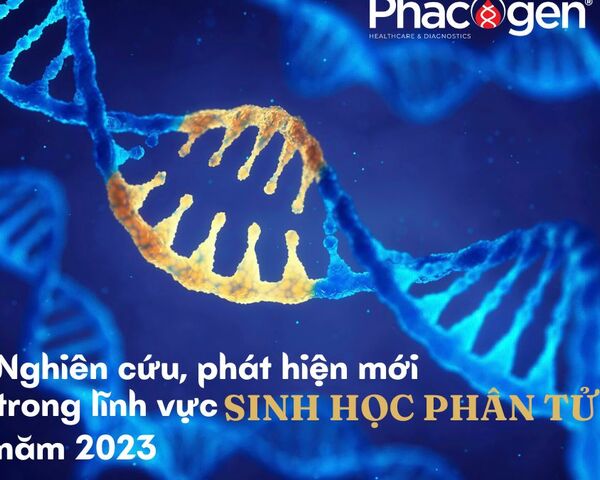
New research and discoveries in the field of molecular biology in 2023
2023 has seen significant advances in the field of molecular biology. New research has contributed to marking the continuous development of science and technology. Join the Phacogen Institute of Technology to review important events, new research and discoveries that marks a milestone in molecular biology and biomedicine in the past year.

Gene mutations in breast cancer
BRCA1 and BRCA2 are genes responsible for creating tumor suppressor proteins. These proteins help repair damaged DNA, so the two BRCA genes play a role in ensuring the stability of genetic material.


